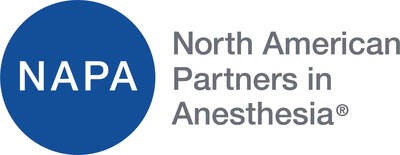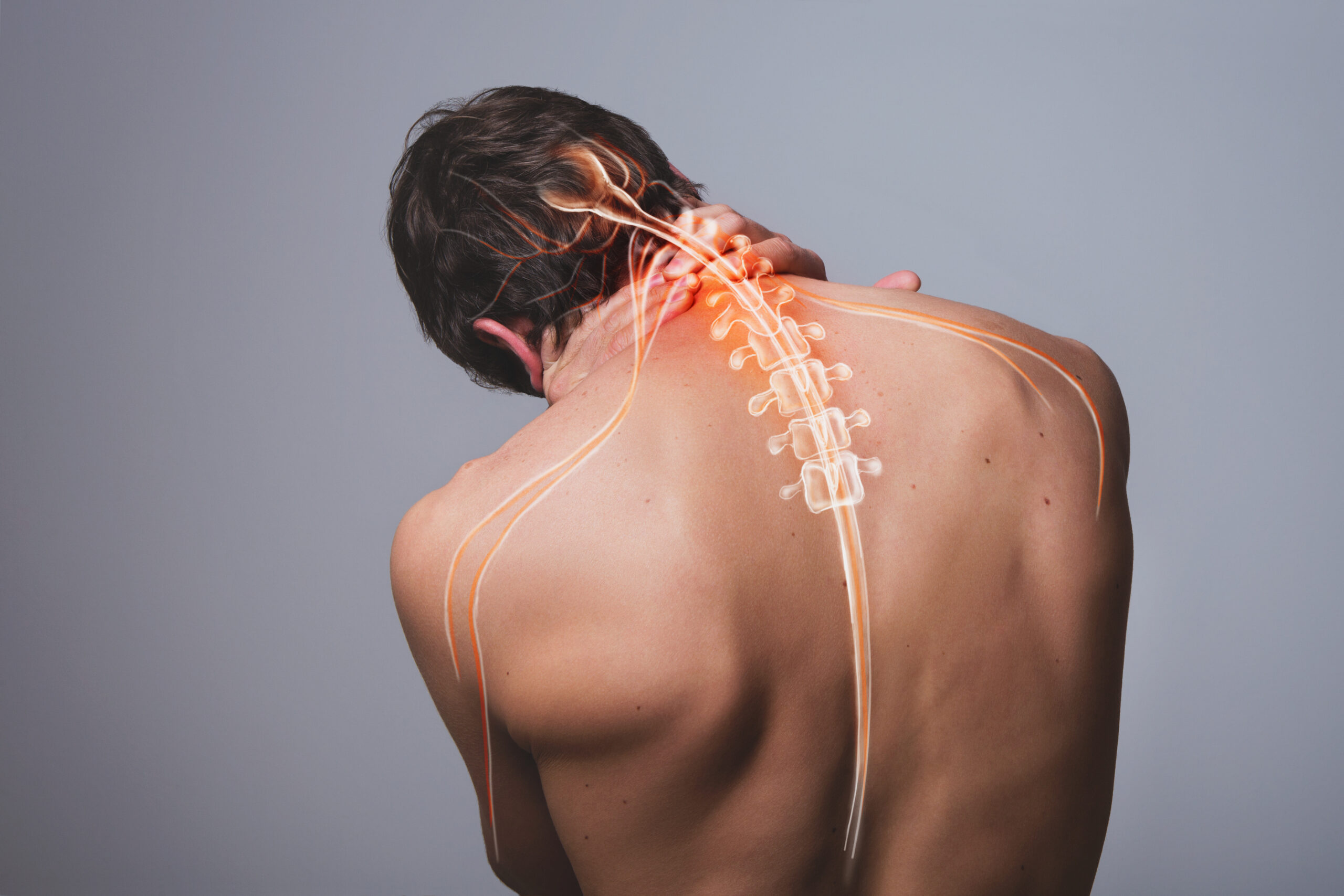A free clinical report published in Pediatrics, the journal of the American Academy of Pediatrics (AAP) examines the role that pediatricians should play in evaluating and preparing patients and families for anesthesia and surgery. It focuses on two major areas of concern. The first is preparation and optimization of the…
A newly published randomized clinical trial conducted by Stanford University School of Medicine and colleagues from France examines the question, “How do personalized prehabilitation programs modulate the peripheral immune system in patients undergoing major elective surgery?” In the trial, 58 patients who were scheduled for major elective surgery received either personalized…
If you’re looking for a model to handle the devastating but all-too-common complication of postoperative neurocognitive disorders (P-NCD, popularly known as delirium) experienced by your patients, some friends to our north have created a program that might be of interest. Toronto’s Sunnybrook Health Sciences Centre this month welcomed the first…
A study in the February 2026 issue of Anesthesiology, the peer-reviewed medical journal of the American Society of Anesthesiologists (ASA), documents a steady rise in surgical patients who are being treated with medications for opioid use disorder (MOUD), which it says highlights a “gap between current surgical pain practices and…

A new study from Duke University School of Medicine suggests that preoperative stress checks can improve surgical outcomes for older adults. Duke claims the study is “one of the most in-depth looks at pre-surgery stress in the general geriatric surgical population.” The study, published in Anesthesiology, says that even modest stress can affect how older adults…

North American Partners in Anesthesia (NAPA), which describes itself as the country’s “leading single-specialty anesthesia management company,” will provide anesthesia services at 123-bed acute care facility Bon Secours Mary Immaculate Hospital of Newport News, Va., starting on Feb. 1, 2026. “NAPA brings tangible capabilities that advance quality and growth,” said Alan…
Editor's Note When compared to general anesthesia, the use of monitored anesthesia care in invasive procedures resulted in a decreased risk for advanced postoperative complications, according to the results of a new retrospective investigation published December 17 in Anesthesiology News. Investigators leading the single-center study found that this benefit for…
Editor's Note Ketamine tested for pain relief in a large, placebo-controlled, randomized trial posed side effects and did not support patient recovery after major surgery, according to findings published in the British Journal of Anesthesia and discussed in a December 3 news story from Vanderbilt University Medical Center. Ketamine has…
Editor's Note Consistent case volume is the lifeblood of any successful ambulatory surgical center (ASC), but one often overlooked limiting factor in driving ASC volume is the anesthesia group, according to Michael Bernard, MD, in the September 2025 issue of Surgical Business. Staffing shortages of anesthesia professionals are a major…

When it comes to treating chronic pain—or pain associated with surgery—clinicians are always looking for alternatives to opioids. “There are zero advantages to chronic opioid use,” says Earl Kilbride, MD, MHA, an orthopedic surgeon at the Austin Orthopedic Institute. While the US makes up about 4.4% of the global population,…